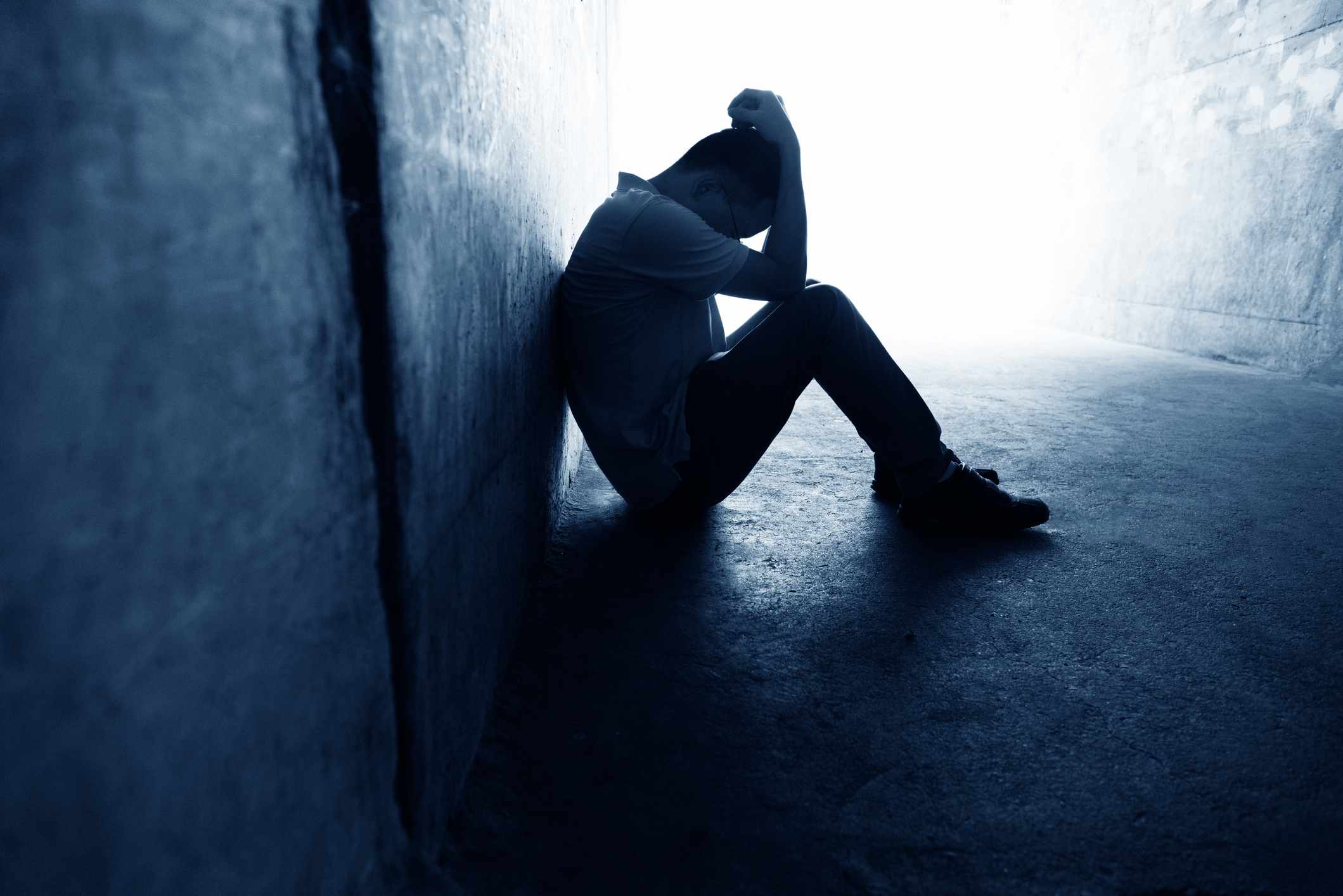- Persistent Sad, Anxious, Irritable or “Empty” Mood
- Feelings of Hopelessness, or Pessimism
- Feelings of Irritability, Frustration, or Restlessness
- Feelings of Guilt, Worthlessness, or Helplessness
- Loss of interest or pleasure in Hobbies and Activities
- Decreased Energy, Fatigue, or feeling “Slowed Down”
- Difficulty Concentrating, Remembering, or making Decisions
- Difficulty Sleeping, early Morning Awakening, or Oversleeping
- Changes in Appetite or Unplanned Weight Changes
- Thoughts of Death or Suicide, or Suicide Attempts
- Aches or Pains, Headaches, Cramps, or Digestive problems without a clear Physical Cause
- Suicide attempts or thoughts of Death or Suicide
Depression
Identifying the root cause of the issue and resolving the same with the Best possible Therapies & Medications.

